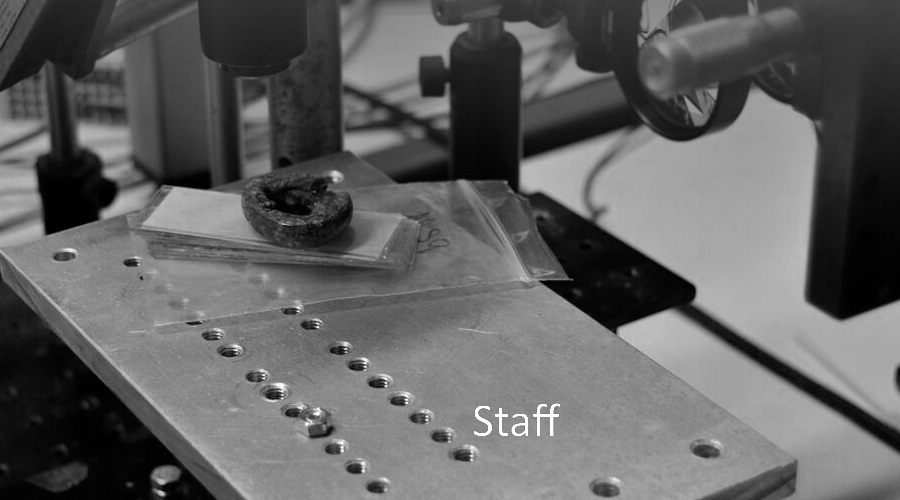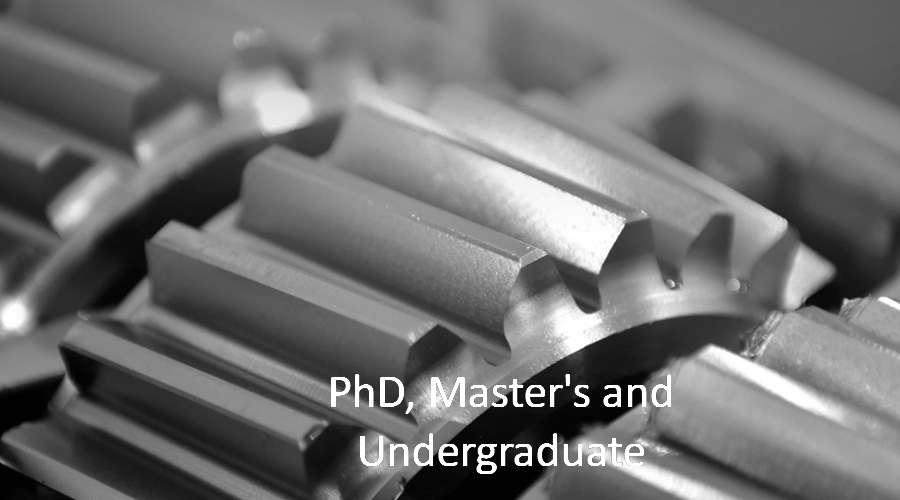
Prof. Nerea Bordel Principal Investigator. Full Professor at University of Oviedo. More Info Contact Prof. Jorge Pisonero Co-Principal Investigator. Full Professor at University of Oviedo. More info Contact Dr. Cristina González Assistant Professor at University of Oviedo. ResearchGate profile Contact Dr. Jaime Orejas Assistant Professor at University of Oviedo More info ResearchGate profile Dr. David Blanco Fernández Department of Construction and Manufacturing Engineering More info ResearchGate profile Dr. Felix Fuertes University of Oviedo – Faculty of Science – Department of Physics C/ Federico Garcia Lorca, nº18, 33007 Oviedo, Spain Contact


